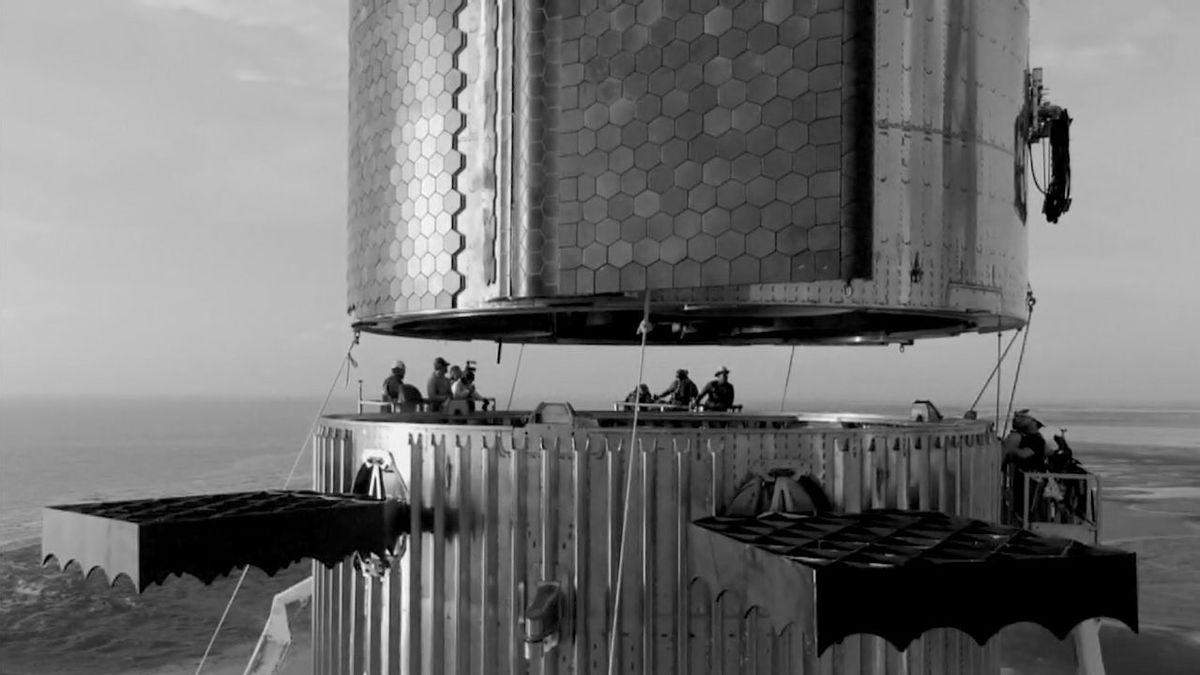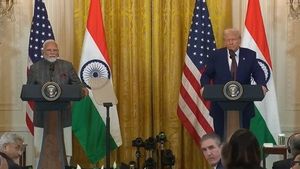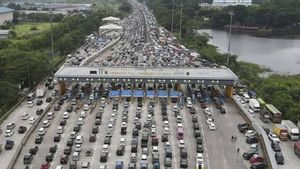Jakarta - NASA agreed on Thursday, August 19 to temporarily halt work on a USD 2.9 billion lunar lander contract awarded to Elon Musk's company SpaceX after billionaire rival Jeff Bezos' Blue Origin company sued the US government.
Blue Origin said its lawsuit, which was filed in the US Federal Court of Claims last week, was "an attempt to correct deficiencies in the acquisition process discovered in NASA's Human Landing System". A US judge has set a hearing for October 14 in the case.
NASA said in a statement that it was halting work with SpaceX on the human landing system until November 1.
"In exchange for this temporary cessation of work, all parties agreed to an expedited litigation schedule ending on November 1", the US space agency said. "NASA officials continue to work with the Department of Justice to review the details of this case and look forward to a timely resolution of this matter".
The US Government Accountability Office (GAO) last month sided with NASA over its decision to select a single lunar lander provider, dismissing Blue Origin's protests.
SpaceX, led by Musk, CEO of Tesla Inc, this week intervened in the lawsuit to ensure that the courts "have a complete and accurate picture of the facts and circumstances surrounding this protest, including the substantial damages SpaceX will suffer if the courts provide the assistance requested" by Blue origin
Blue Origin, the rocket company founded by Amazon.com Inc founder Bezos, said it remained convinced there were "fundamental problems" with NASA's decision and that GAO was unable to address them "because of their limited jurisdiction".
NASA is seeking proposals for a spacecraft that would take astronauts to the lunar surface under the Artemis program to return humans to the moon for the first time since 1972.
SEE ALSO:
The space agency said on Thursday August 19 that it is "committed to Artemis and to maintaining the nation's global leadership in space exploration. With our partners, we will go to the moon and stay to enable science investigations, develop new technologies, and create high-paying jobs for good larger ones and in preparation for sending astronauts to Mars".
In April, NASA awarded SpaceX a contract to build such a spacecraft by early 2024.
The English, Chinese, Japanese, Arabic, and French versions are automatically generated by the AI. So there may still be inaccuracies in translating, please always see Indonesian as our main language. (system supported by DigitalSiber.id)


















